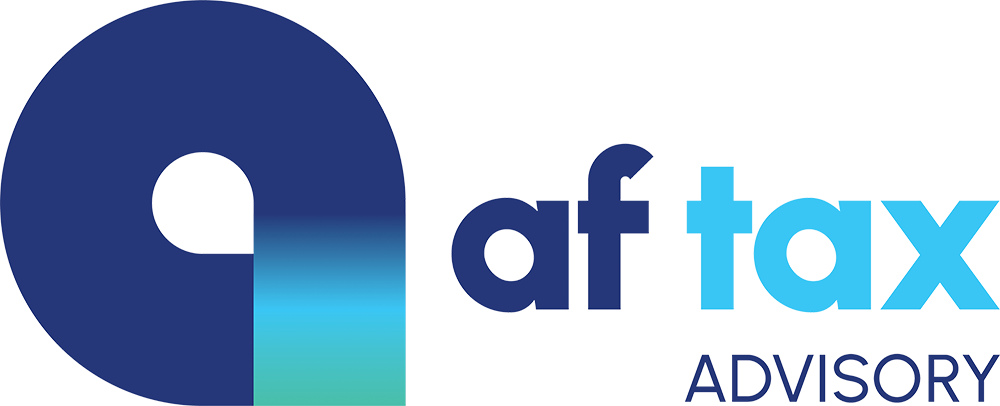Show me the money!!!
It never ceases to amaze me the number of small businesses that don't have a system to monitor their cash flows. For many small business owners, knowing their bank balance is as close to cash flow management as it gets.
Budget Vs Cash Flow
For those asking “isn’t a cash flow report the same as a budget?”, there is a distinction between the two different reports. On the surface it may appear that they both provide the same information but there are slight differences. A budget is the financial plan of a small business. It documents financial goals such as sales, expenses and capital investment and allows us to compare our actual results against the budget plan over time.
Cash flow is the essential pulse of the business. A healthy and asset rich small business can quickly fail if it experiences cash flow interruptions. The cash flow report details the timing of cash movements across income, expenses, capital, debt and equity.
The key difference between the budget and cash flow report is the budget allows us to set the goals and compare our performance against the plan, while the cash flow forecast addresses how and when our money moves. Good cash flow management comes from managing when bills are paid, collecting receivables in a timely manner from our customers and when we invest in our business.
The benefits of monitoring cash flows.
Cash flow analysis allows us to determine the amount of money available to run our business. Managing cash throughout our business cycle will ensure there are adequate funds during the quiet times, and protect your business from overspending during the busy times.
If you are looking to take your business to the next level, my advice is to get your reporting right first. Set you budget goals, monitor your cash flow and adjust your plan as your business evolves.
Call us today to find out more about cash flow or budgeting.
